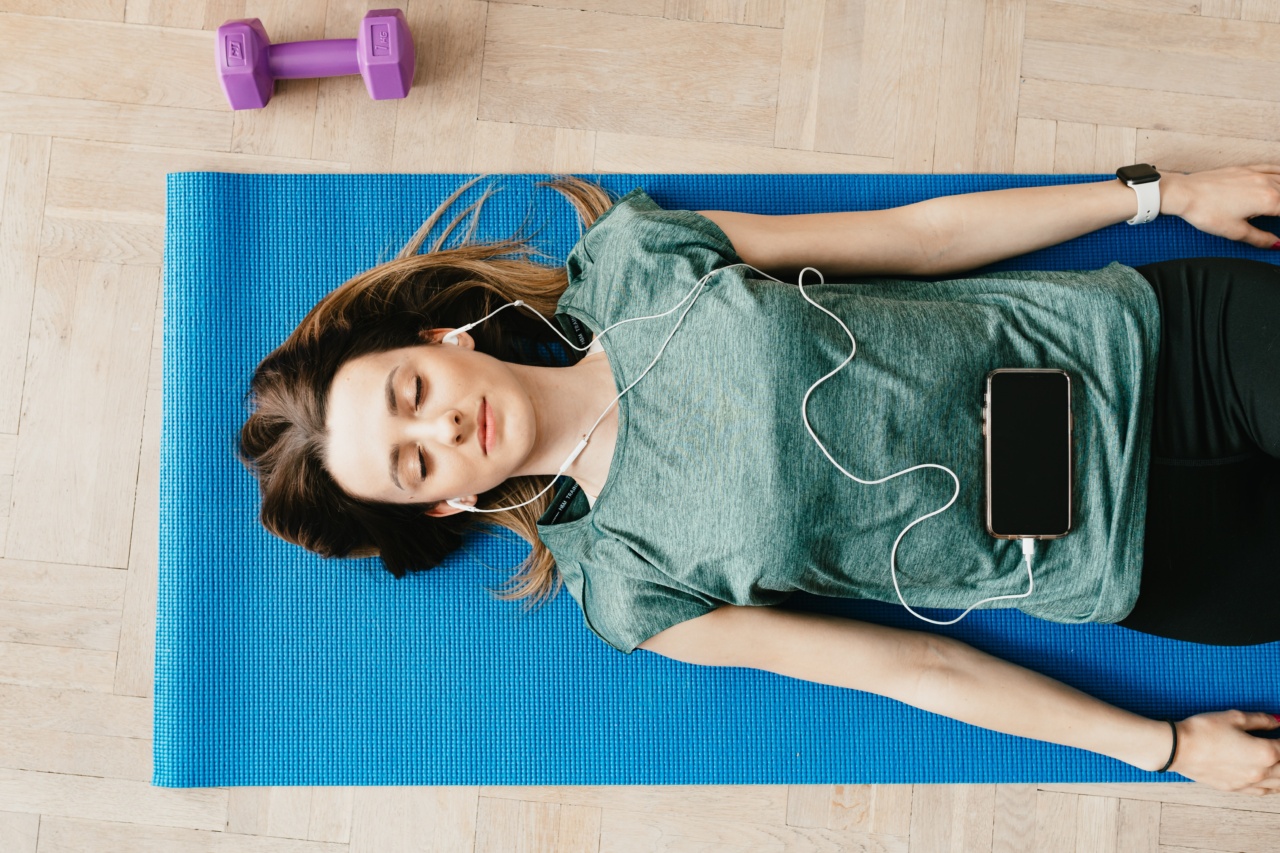In today’s world, screens have become an integral part of our daily lives. From smartphones to laptops to televisions, we are surrounded by screens all the time.
While these screens have made our lives convenient, they also come with a downside – they can be addictive and have negative effects on our health, particularly on the mental health of children and young adults. To avoid these negative effects, it is important to take a break from screen time and detox young minds. In this article, we will discuss some ways to detox young minds from screens.
Why Is Screen Time Harmful?
Before discussing the ways to detox young minds from screens, it is essential to understand why screen time is harmful.
The American Academy of Pediatrics recommends no more than two hours of screen time per day for children aged 2 to 5 years, and for older children and teenagers, screen time should not interfere with sleep and physical activity.
However, most children and teenagers spend much more time on screens than recommended, which can lead to negative effects on mental health such as:.
- Increased anxiety and depression
- Less social interaction with peers and family
- Poor communication skills
- Lower academic performance
- Reduced ability to focus and pay attention
- Increased risk of obesity
How to Detox Young Minds from Screens?
Here are some ways to detox young minds from screens:.
1. Set Screen Time Limits
One of the easiest ways to detox young minds from screens is to set screen time limits. Parents should set a daily screen time limit for their children and ensure that they stick to it.
This can be done by using parental control features available on most smartphones and tablets.
2. Encourage Outdoor Activities
Encouraging outdoor activities like sports, gardening, or just playing outside can take young minds away from screens and help them enjoy nature.
Parents should encourage their children to participate in outdoor activities rather than staying glued to screens.
3. Provide Alternative Activities
Providing alternative activities that do not involve screens can also help detox young minds. Reading, drawing, painting, playing board games, or engaging in other creative activities can help children and teenagers relax and unwind.
4. Create No-Screen Zones and Times
Creating no-screen zones and times can help children and teenagers take a break from screens. Parents should designate areas in the house where screens are not allowed, such as the dinner table or bedrooms.
Similarly, parents should also create no-screen times, such as during family time or bedtime hours.
5. Be a Role Model
Parents should also be a role model for their children when it comes to screen time. If parents spend too much time on screens, their children are more likely to follow them.
Therefore, parents should also limit their screen time and engage in activities that do not involve screens.
6. Monitor Screen Content
Parents should also monitor the content their children and teenagers are viewing on screens. Children and teenagers should only be allowed to view age-appropriate and educational content.
Parents should also keep a check on social media usage, as excessive social media usage can harm mental health.
7. Plan Screen-Free Vacations
Planning screen-free vacations can also help detox young minds from screens. Parents should plan outdoor vacations, such as camping or hiking, where screens are not available.
This can help children and teenagers connect with nature and enjoy the outdoors.
8. Encourage Social Interaction
Finally, parents should encourage their children and teenagers to interact with peers and family members. Social interaction is important for mental health and can help children and teenagers develop better communication skills.
Conclusion
In conclusion, screen time can have negative effects on the mental health of children and young adults. Therefore, it is important to detox young minds from screens.
Setting screen time limits, encouraging alternative activities, creating no-screen zones and times, being a role model, monitoring screen content, planning screen-free vacations, and encouraging social interaction are some ways to detox young minds from screens. By following these tips, parents can help their children and teenagers maintain a healthy and balanced lifestyle.





























